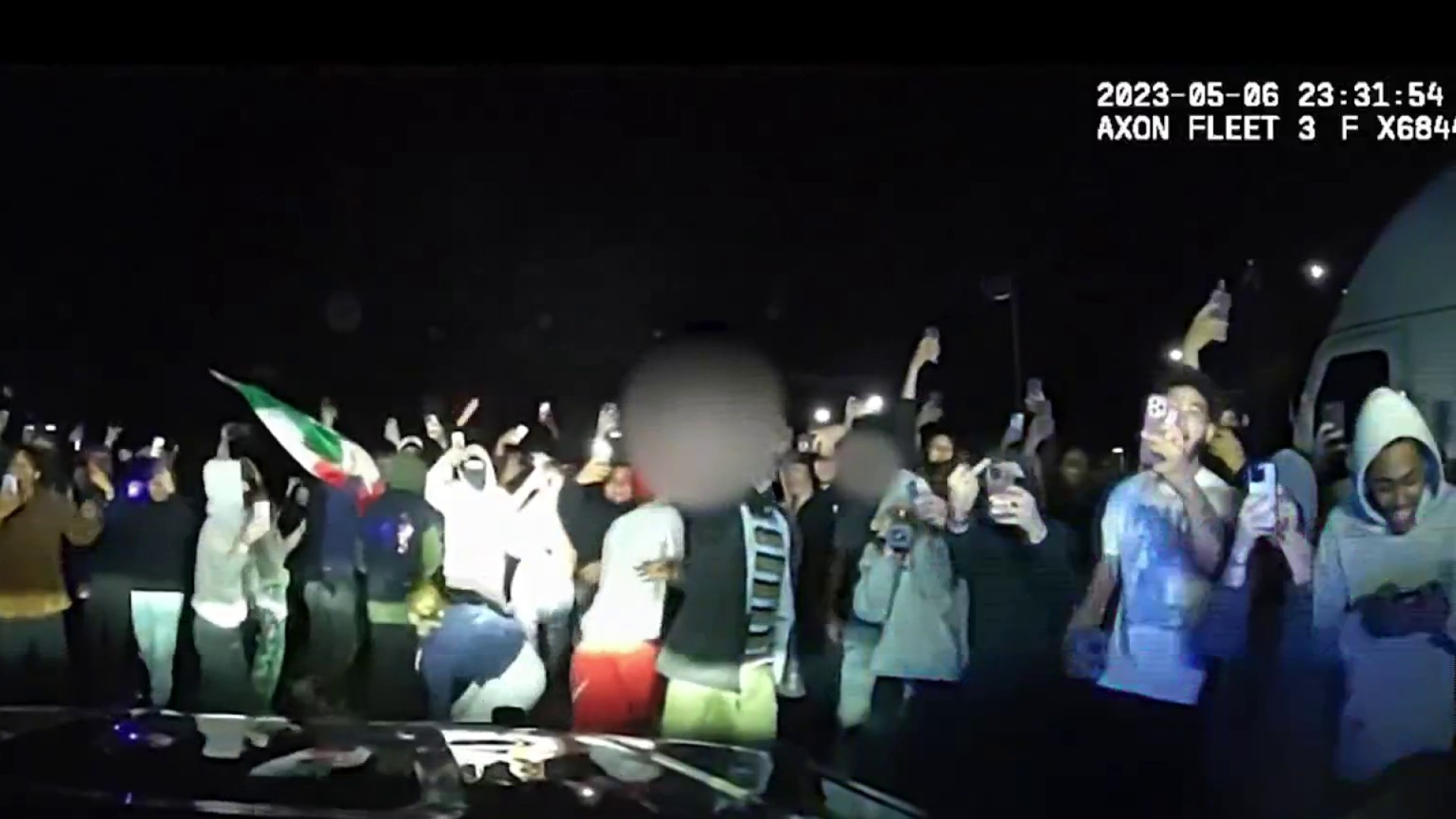It's been billed the future hub for wind power infrastructure. So far, though, the only thing that continues to get billed over and over in recent years is the Connecticut taxpayer.
This week, we learned crews building the new and improved state pier will likely come back to taxpayers for more money to finish the project.
What started as a $90 million effort has now ballooned to more than $250 million.
So how close is it to being done and who is going to pay for it?
Get Connecticut local news, weather forecasts and entertainment stories to your inbox. Sign up for NBC Connecticut newsletters.
NBC Connecticut's Mike Hydeck spoke with State Rep. Holly Cheeseman (R-East Lyme), who is on the Energy and Technology Committee as well as the Finance, Revenue and Bonding Committee.
Mike Hydeck: Well, whether we're working on a home renovation or building a bridge, I really believe taxpayers understand delays and cost overruns really are a fact of life. But to this level, three times the cost?
Holly Cheeseman: I know that's crazy. My first bond commission meeting, Kosta Diamantis came to us and asked for that first increase, I believe, bump up to $150 million from the $93 million. His explanation, we only had a 10% scope. That seemed crazy to me. I'm not a construction professional. But in the interim, I believe we had two requests for increases the last time going up to $255 million. And when I asked for assurances on the lives of his nearest and dearest from David Kooris of the Port Authority, he assured me that no more money would be requested. So as I said, if I were his daughters, I think I'd have a word with dad.
Face the Facts
Face the Facts with NBC Connecticut goes beyond the headlines, asking newsmakers the tough questions, giving an in-depth analysis of the big stories.
Mike Hydeck: So, like many quasi public agencies, the Port Authority has seen its share of scandal over the years. It's under federal investigation. Now, one of the most recent things that came out is the contractor that was hired to manage the project is also submitting bids to do the work as well. Is that too much power for one organization?
Holly Cheeseman: Well, I think it's very telling that state statute forbids that sort of, you know, GC bidding on the project that he is overseeing, except for apparently maritime projects, which obviously includes State Pier. So I do think we have to see if, at the end of the day, is the taxpayer getting value for money? Did we pay the lowest responsible price for any of the work? There's also the question of the success fee to Seabury Capital. And, you know, the Contracting Standards Board asked the attorney general for an opinion as to whether the public-private partnership with Orsted and Eversource was valid and issued one opinion that basically said, well, prior to this, it was legal, after that it would have been illegal, but they did it beforehand. And then a second opinion that basically said, this opinion is not meant to weigh in on the legality or validity of any existing public-private partnerships. Well, isn't that what he was asked to comment on? So what's actually going on? And at the end of the day, the Connecticut taxpayer deserves answers and doesn't deserve to be handed bills, bill after bill after bill for a project that still isn't finished.
Mike Hydeck: Does that mean the stipulations need to be changed? So the general contractor can't double dip? Do you think that's going to be the case moving forward? Or is it already legally that way now?
Holly Cheeseman: Certain entities, like maritime projects, are not included in that. I certainly think that's something we as the legislature need to look at. And again, has the Connecticut Port Authority talked to their partners, Orsted and Eversource, about contributing more? I believe they contributed an initial $70 million or so. Well, out of $93 million, sure, that sounds fair. But now, it's $255 million and climbing, and we're told they're going to come back for more. Let's bring those partners to the table, have those conversations happen. I mean, they're the ones who are going to be benefiting from this in the short term. They're the ones who have the power purchase agreement with the State of Connecticut to sell us that wind power. If they want this project underway in a timely manner, maybe they pony up some more bucks.
Mike Hydeck: So let's talk about that. Who's going to have that conversation? Is that state legislator leadership? Is that the governor? Is that all the above? Who has to pick up the phone and say, 'look, we need to renegotiate here?'
Holly Cheeseman: Well, I think certainly the Port Authority should be talking to them. I suspect the governor's office is probably talking to them as well. Look, if this is going to be the industry of the future, if Connecticut is going to be placed to be that place where these turbines are brought and assembled, and we need the pier to do it, we have to do it in one, in a timely manner, but also in a way that doesn't have the taxpayer on the hook for all those cost overruns. We need to be good stewards of those taxpayer dollars. Is there a role for the legislature? Maybe going forward. But now, the parties involved need to sit down and figure out a way to pay for this without constantly coming back and saying, 'can you open the purse again, State of Connecticut?' We need more money.



